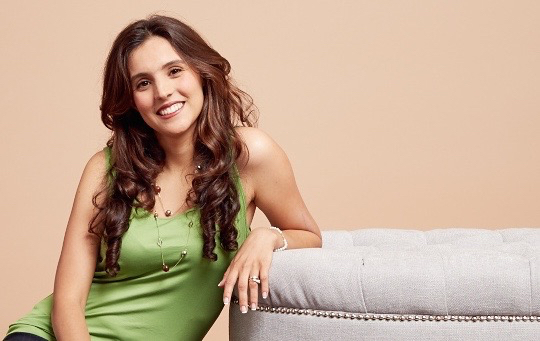The violence against women and children is not surprising; many instances like this tend to get lost in the whirlwind of a time. Sometimes the victims are prevented from coming forward, or sometimes the justice system takes too long.
However, the Inter-American Court of Human Rights (IACHR) had recently heard testimony from a woman raped by her relative when she was a teen
In early 2022, Brisa De Angulo declared in front of the court that 20 years ago, she (15 at the time) was raped and abused by her cousin Eduardo(27 at the time).
According to Brisa, “He raped me every day for eight months and brainwashed me so I wouldn’t say anything to anyone,”She says that after all this torture, she went through a lot of mental struggles like she has developed bulimia and anorexia and attempted suicide twice.
“Like most incest victims, I didn’t know what was happening to me was a crime. I wouldn’t say I liked it.When I thought of sexual abuse, I thought of a dark alley, a stranger, not a family member who took care of me and was trusted,” she says.
According to a survey, more than 70% of sexual abuse in childhood occurs within the family environment. Even Brisa open up to her psychiatrist about her rape and not in front of her parents.
Brisasaid that after her testimonial in front of the Bolivian courts, they didn’t believe her; even the professionals who performed the forensic examination made fun of her, showing the insensitivity of the professionals there.Even the prosecutor blamed her, leading the judge to reduce the charge from rape toestupro, which under Bolivian law is the criminal use of deception to garner consent to sexual intercourse.
At 17, Brisa mobilized her community in Bolivia and persuaded government officials, including the President, to pass a law declaring August 9th Bolivia’s national day in solidarity with survivors and against childhood sexual violence. Every year tens of thousands of supporters across Bolivia gather on that day to express their solidarity and challenge toxic social norms and practices.
She didn’t let other children and girls suffer the same fate as her. In 2004, she founded a non-profit organization, called A Breeze of Hope, that helped victims of sexual violence in their struggles for justice. She was able to inspire and help tens of thousands of children and girls, making them proud survivors of the abuse they have gone through. Her struggles significantly changed the American justice system, which will hopefully improve as time goes by.
